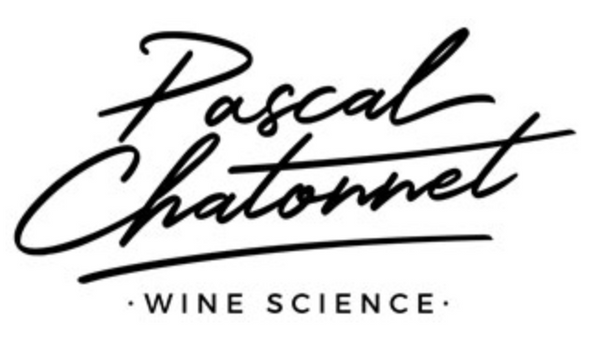
Agro-synergy, recognition and respect for the work of winegrowers
Social and environmental responsibility, CSR for short, is very fashionable these days. I think that our commitments in the social field are a little older and historically well developed in our family to the point of having sometimes bordered on paternalism... In the past, working relationships in the vineyard were often created for life and it was therefore normal and necessary to take care of your colleagues (before we said employees). The situation has of course evolved nowadays, but the concern for social respect, well beyond that imposed by the labor code, remains. Social responsibility in Agro-Synergy is not an empty word. We always seek to favor direct and local jobs above all to meet the needs of our local economy, but also to avoid the costs and risks of unnecessary daily travel for our employees. We also call on the provision of services to carry out tasks, particularly in the vineyard, which require the mobilization of a significant workforce for the maintenance of the vines or the harvest, but always favoring companies and workers in our local area. We favor in the same way whenever possible small local businesses, small artisans, small traders, over large and delocalized groups in order to better animate the local economic fabric. We largely agree in terms of responsiveness and quality of involvement. We strictly respect equal pay between men and women and almost achieve a 1:1 employment ratio; it is only responsibilities, level of commitment, exposure to climatic hazards and results that control differences in remuneration. Working conditions are always at the heart of our concerns: a good worker requires good tools and a good atmosphere to work well! All our investments in the infrastructure and materials necessary to accomplish their tasks demonstrate our commitment to this level for many years. For vineyard workers, it is essential to offer them healthy and balanced working conditions. The abandonment of synthetic chemical pesticides was primarily motivated by this concern: not to directly or indirectly poison those who are most exposed to this risk. From now on, we know that, whatever happens, that is to say even if they do not accidentally respect the deadlines for re-entry into the vines set by legislation after a treatment, no input at any level whatsoever or will be likely to negatively affect their health! In the same way, outdoor work is sometimes strenuous depending on the weather conditions; we give vineyard workers the freedom to organize themselves as they see fit in terms of schedules according to the seasons to optimize their productivity and comfort. Administrative staff can benefit from flexible working hours and teleworking when their position allows them to do so. Overtime entitles you to increased pay and/or compensatory time off, or a combination thereof, as each individual employee desires. Working hours are arranged over the year so as to be modulated according to the rhythm of the seasons and the real needs of work in the vineyard or in the cellar. In the same vein, workers housed on site benefit from extremely moderate rents. Training and the transmission of know-how are also key concepts of Agro-Synergy. It is essential to develop everyone's knowledge and experiences on a daily basis and to transmit them through fluid and relaxed communication within teams. Requests for specific external training are always honored when they provide access to new knowledge. Taking into account social and economic parameters are not part of the commitments of all classic environmental labels, but I think it would be desirable for the company's CSR commitments, according to the criteria of the international standard ISO 26000, to adapted to our profession, can now be an integral part of the Agro-Synergic concept in the near future, ideally with associated certification.
